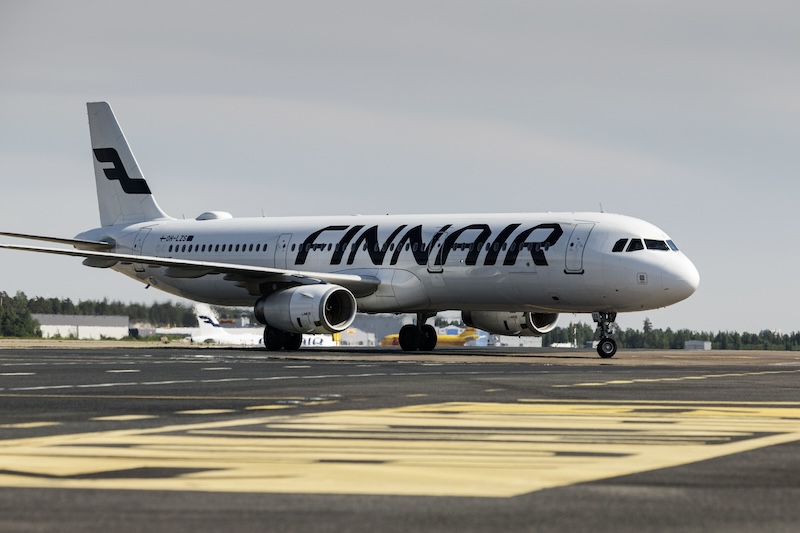From Darkness to Light: Jamie-Lee Arrow's Journey Away from Her Father's Legacy
In a revealing new documentary, Jamie-Lee Arrow, the daughter of Isakin Drabbad, known as the 'Skara Cannibal', shares the harrowing details of her childhood and the psychological toll of growing up with a father convicted of one of Sweden's most infamous murders. The documentary, 'Evil Lives Here: The Killer Speaks', offers an intimate look into Arrow's life, marked by the brutal killing of her stepmother, Helle Christensen, by her father in 2010.
Arrow, now 23, recounts the emotional turmoil of her upbringing, including the macabre 'voodoo dolls' her father made for her and the violent fights between him and Christensen that foreshadowed the tragedy. Despite the horror, Arrow's story is also one of resilience, as she details her efforts to distance herself from her father's dark legacy and forge her own identity.
The documentary features a rare interview with Drabbad himself, providing insights into his mental state before and after the murder. Arrow's emotional reunion with her father, after four years of estrangement, reveals the complex dynamics of their relationship, marked by moments of hope followed by disappointment as Drabbad's 'true colors' re-emerge.
Arrow's participation in the documentary is driven by a desire to share her story of survival and to highlight the possibility of breaking free from the shadows of one's past. Despite the challenges, her journey offers a message of hope to others who may find themselves in similar circumstances, proving that it is possible to emerge from the darkness and reclaim one's life.





